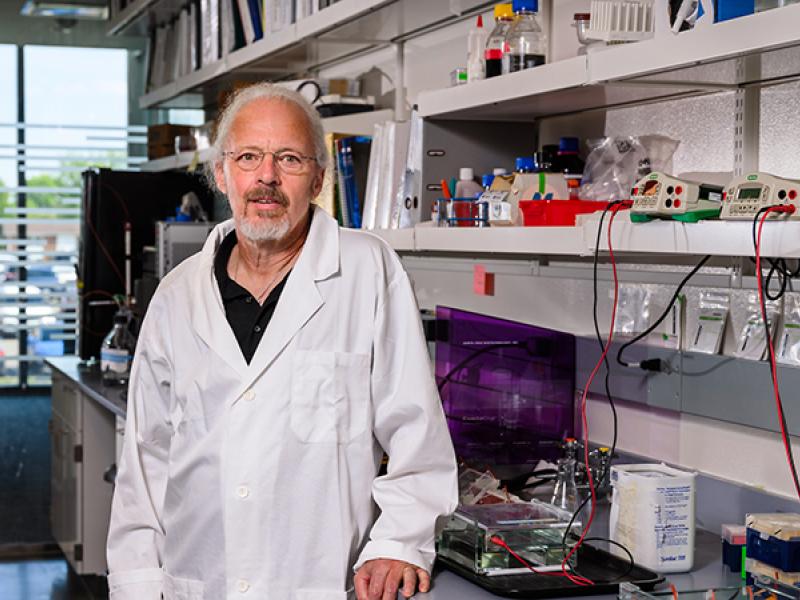Dr. Zaghouani’s laboratory focuses on the biology of T lymphocytes and their contribution to the development of immunity and autoimmunity.
The first of three projects investigates the role self-reactive T cells play in the development of type 1 diabetes (T1D) autoimmune disorder. Specifically, Dr. Zaghouani is investigating the mechanisms by which T lymphocytes develop in the thymus, what stimulates these autoreactive T cells to attack the insulin-producing beta cells, and how they can modulate the diabetogenic behavior of destructive T cells to cure T1D.
The second project investigates the mechanisms by which myelin‐reactive T cells develop in the thymus, and the reasoning these autoreactive cells are stimulated to cause experimental allergic encephalomyelitis (EAE). This includes animal models for human multiple sclerosis (MS), and how to control their aggressive behavior to halt the inflammatory process in the central nervous system and reverse the disease.
The third project utilizes a mouse model of neonatal immunity to delineate the mechanisms underlying the susceptibility of newborns and infant to microbial infections. Dr. Zaghouani has established that upon neonatal vaccination, the immune response of newborn mice displays a deficit in the T lymphocyte subset known as T helper 1 (Th1), the main mediator of immune defenses against infections.






